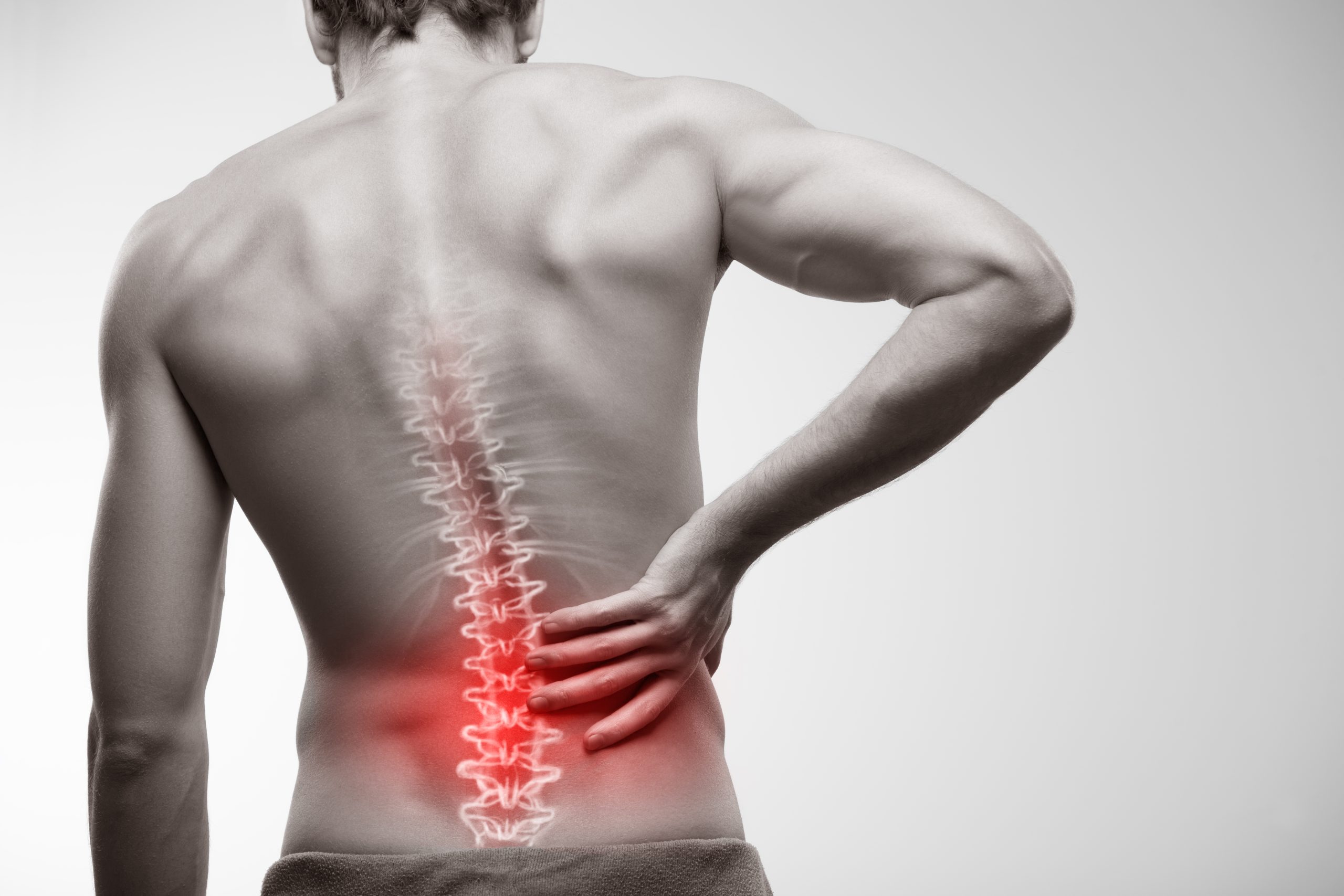Bangkok’s air pollution, especially PM2.5, is more than a respiratory issue—it could be a hidden contributor to chronic pain. These fine particles, smaller than 2.5 micrometers, penetrate deep into the lungs and bloodstream, triggering inflammation and oxidative stress.
What is PM2.5 Doing to Your Body?
- Inflammation: PM2.5 activates immune responses, releasing cytokines that worsen inflammation—a key driver of chronic pain.
- Oxidative Stress: Free radicals caused by pollution damage cells, irritating nerves and making pain receptors more sensitive.
- Nerve Sensitization: Prolonged exposure can rewire the nervous system, heightening pain perception and contributing to conditions like fibromyalgia.
The Evidence
A study published in RMD Open analyzed data from over 81,000 subjects and found that every 10 µg/m³ increase in PM10 concentration was associated with a 7% higher risk of autoimmune diseases. Specifically, exposure to PM2.5 above 20 µg/m³ was linked to a 13% increased risk. The study concluded that long-term exposure to air pollution is associated with a higher risk of developing autoimmune diseases, particularly rheumatoid arthritis, connective tissue diseases, and inflammatory bowel diseases.
Protect Yourself
With Bangkok’s pollution levels often exceeding safe limits, it’s crucial to reduce exposure. Use air purifiers, wear high-efficiency masks, and avoid outdoor activities during peak pollution. Reducing PM2.5 exposure can help manage pain and protect your health.
Compiled by; Rarinthorn Choomsai Na Ayuthaya, M.D. Interventional Pain Specialist
Reference: Environmental air pollution and risk of autoimmune diseases: A population-based cohort study. RMD Open, 8(1), e002055.





